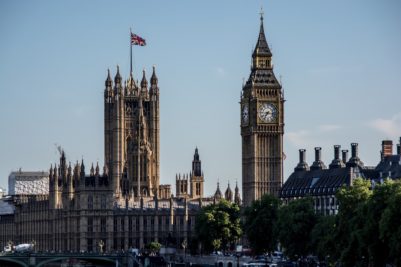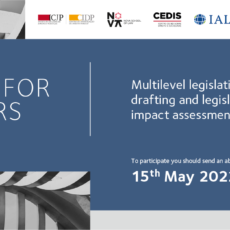
At this ‘Legislative Drafting and Language’ Workshop, scholars and experts in the field of law, legislative drafting, and linguistics will explore the research space around law and language focusing on the gender-neutral strategies adopted by drafters in various jurisdictions. Our ambition is to envisage ‘a way forward’ in legislative drafting and to generate ideas that might challenge prevailing practices and beliefs, to cross the traditional boundaries of disciplines such as law and linguistics, and eventually to interact successfully with scholars from different fields. Three main themes will be discussed:
1st Theme: Gender neutrality and Westminster
Gender-neutral drafting has been the norm for some years in many jurisdictions that use English language to draft legislation. In the UK, since 2007 gender-neutral language has been applied to all government Bills and Acts. But what does a switch to gender-neutral language exactly entail in legislative drafting?
2nd Theme: Learning from other legislative experiences
International organizations and the EU have recently shown some instances of a drafting style much more inclined to gender neutrality. However, it is interesting to see the strategies taken by countries with gender grammar language (e.g., Italian, Spanish, Welsh) that recommend using feminine-masculine pairs to avoid the masculine bias.
3rd Theme: Gender, language and the law
In terms of grammatical structures, linguistic gender asymmetries are much more visible in grammatical gender languages than in languages that lack noun classification. For this reason, it is interesting to explore the lexico-grammatical and discoursal strategies adopted by drafters in different legislations (with different languages), who are asked to write legal sentences aiming at gender fair and symmetric representation of genders.
This seminar is organised in collaboration with the Association of English Studies in Italy (AIA).
More informations on the event here.





